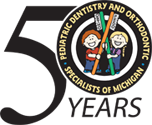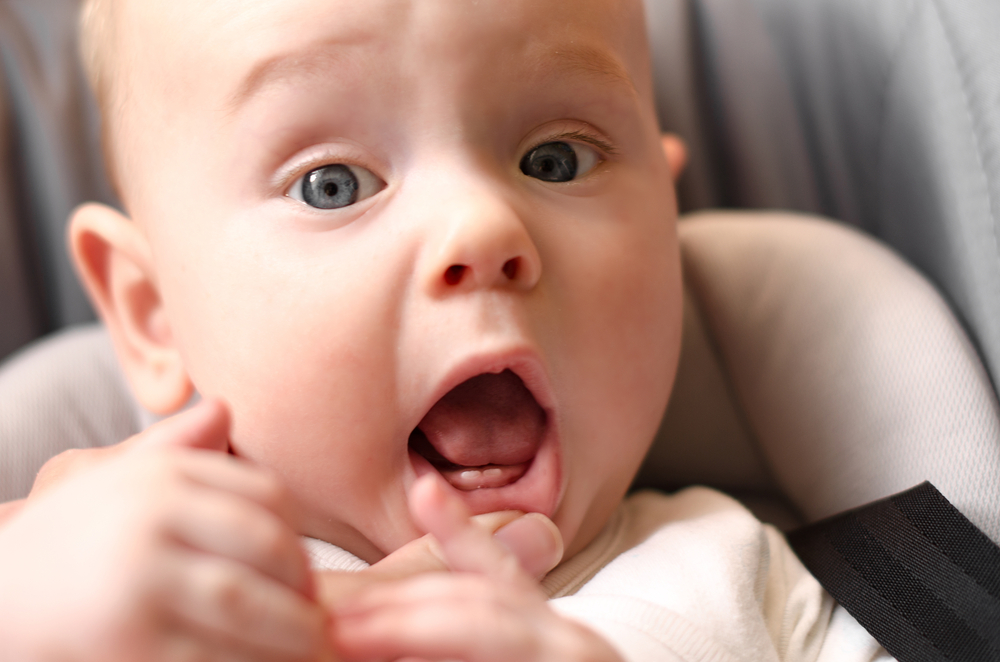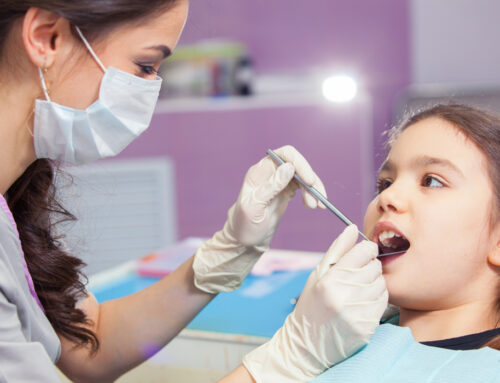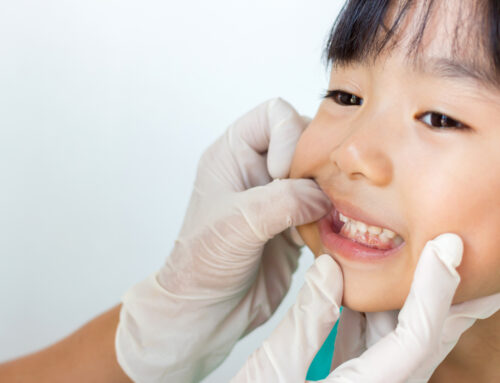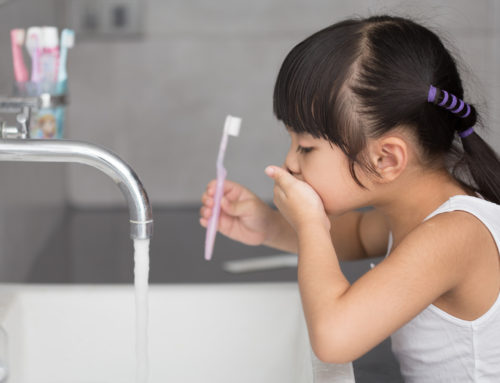Baby teeth are just as important as permanent teeth as they serve many roles in helping a young child develop a healthy and functional mouth. Baby teeth not only hold space for and assist with guidance of the erupting permanent teeth, but they also help your baby or toddler chew and speak. And of course, baby teeth are part of those adorable toddler smiles!
Starting oral care as early as possible – even in babies – protects your child’s dental health for life. Baby bottle tooth decay is a severe form of cavities that can effect very young children when oral care and diet are inappropriate and it is our goal to help eradicate this problem from our communities through education and supporting parents with oral care responsibilities.
Baby bottle tooth decay causes
- Prolonged and frequent exposure to drinks that contain sugar
- Putting the baby to bed with a bottle
- Using a bottle instead of a pacifier to soothe the baby
- Passing cavity-causing bacteria from an adult caregiver to the baby
- This happens from mouth kisses, placing a feeding spoon in the mouth to test the food’s temperature before passing it to the baby, and rinsing a pacifier in the mouth before giving it to the baby
- Inadequate fluoride to protect teeth
Baby bottle tooth decay comes down to cavity causing bacteria and feeding them too much of what they like to “eat.” The bacterium, Streptococcus Mutans, feeds on sugar and excretes acid as a waste byproduct. This fact helps explain some of the causes above. You’d be surprised that every human being (apart from infants not exposed to it yet) carries this cavity-causing bacterium in their mouth. Other children and adults inadvertently pass it on to babies through saliva in the ways mentioned above.
But as you can see from the causes above, cavities and extreme cavities in the form of baby bottle tooth decay is preventable.
Preventing baby bottle tooth decay
Just remember the enemies: cavity-causing bacteria and sugar! Then you can take steps to keep them away.
- Fill the baby bottle ONLY with formula, breast milk or milk without added sugar. Try to avoid exposing your child to juice, sugar water (Gatorade) or soda
- Encourage drinking/rinsing with water before bed to neutralize acids from milk
- Do not dip pacifiers in sugar or honey
- Avoid passing your saliva to your child
- After every feeding, wipe your baby’s gums with a damp gauze or washcloth. Once the teeth come in, introduce brushing with a baby toothbrush and a smear (rice-grain-sized) of fluoride toothpaste
- Start dental hygiene and a healthy diet early
Tooth decay is still the most common childhood disease despite everything we know and do to prevent it. Therefore, we follow the recommendations of the American Academy of Pediatric Dentistry in our desire to see every child upon the eruption of their first tooth. Our pediatric dentists strive to educate parents about the best practices in oral care and support our community in preventing tooth decay in our children.
About Pediatric Dentistry and Orthodontic Specialists of Michigan, the offices of Drs. Plunkett, Ralstrom, Makowski, Thanasas, Ker, and Associates
Pediatric Dentistry and Orthodontic Specialists of Michigan have specialized in pediatric dentistry and orthodontics since 1968. Our family-friendly and newly renovated office gives patients and families a more comfortable and consistent experience with dentistry from the very beginning. Our pediatric dentists treat children from newborn to 18 years of age while our orthodontists provide care for both children and adults and are proud to be Premier Providers of Invisalign and Invisalign Teen services. The ability to treat all patients with compassion and individuality, including those that may have special needs reaches beyond our facility, which has treatment rooms available for children who require additional privacy and customized care options. We pioneered valued hospital affiliations to allow dental services to be performed at DMC Children’s Hospital and St. John Macomb Hospital, when appropriate or necessary, and our specialists are also proud to be on staff at Henry Ford and Beaumont hospitals.
